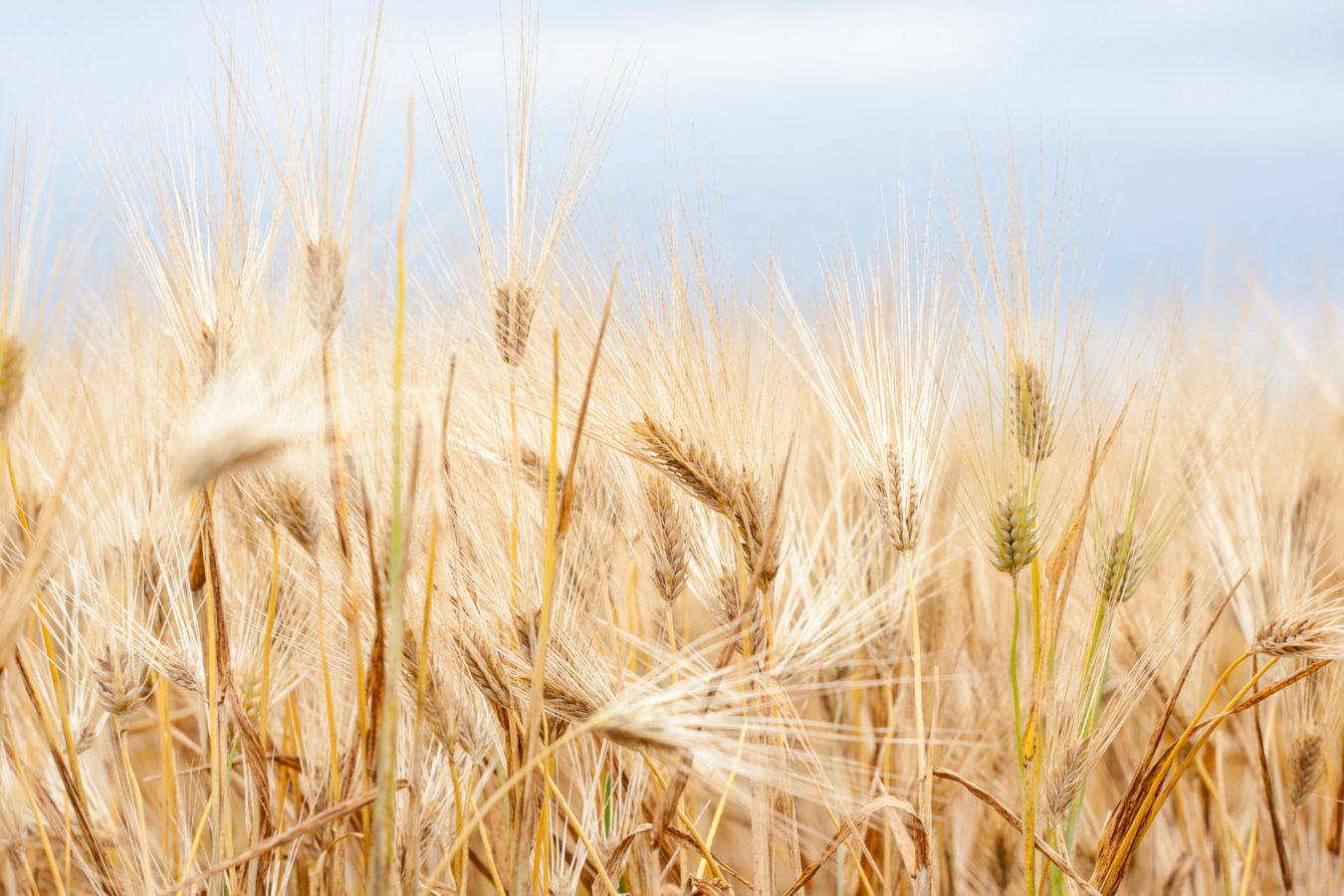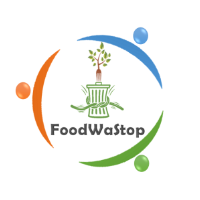Food loss and waste (FLW) is a global challenge recognised by international governments and organisations. Reducing FLW is key to sustainably ensure nutritional food security for an increasing world population.
It is a target of the Sustainable Development Goals of the United Nations, and the Farm to Fork Strategy of the European Green Deal. The FoodWaStop COST project addresses these challenges and aims to: (i) build an interdisciplinary and multi-actor European Network that will also connect with non-EU Mediterranean countries, to promote knowledge on FLW beyond the state of the art; (ii) determine incidence of FLW in the critical points of the fruit and vegetable value chain; (iii) foster technological innovations and sustainable management strategies to reduce and prevent FLW; and (iv) valorise agrofood waste to promote a circular bio-economy. The experience of the Coordinators and Participants gained from other related projects (e.g., PRIMA, H2020), the background from diverse EU and extra-EU countries, and the involvement of stakeholders and industry partners will contribute to increase awareness of this problem, to determine its incidence, to seek strategies for its management through exploitation of the potential of innovative technologies, and to define good practices to prevent FLW.
The FoodWaStop Network will provide benefits to various stakeholders and end-users, including all actors in the agrofood value chain, from farmers (Farm) to consumers (Fork). Moreover, FoodWaStop will create a knowledge platform that will promote innovation, deliver guidelines, and favour dialogue with policymakers, to focus their attention on the social and economic implications of FLW.
Specific Objectives
To achieve the main objective described in this MoU, the following specific objectives shall be
accomplished:
Research Coordination
- Establishment of a sustainable research Network that will include at least 50 multidisciplinary stakeholder groups (i.e., researchers across different disciplines, organisations and sectors) from different Countries, with the common goal of analysis and prevention of food loss and waste
- Evaluation of innovative concepts in food loss and waste prevention that can be conducted at EU and global levels (at least 4 during the implementation of the Action)
- Support for the career development as well as professional skills and knowledge of Young Researchers and Innovators to be the champions in sustainable agriculture and resilient food chains (30 YRI, more than half from ITC)
- Identification of new potential ideas (at least 10) to give sustainability to the network activities, through projects focusing on innovation and implementation of context-adapted solutions to reduce postharvest food loss, and to extend the shelf life of perishable Euro-Mediterranean food products, and dissemination of research results to the stakeholders
- Provide and disseminate a list of actions (at least 10 golden rules) for stakeholders (policy makers, growers, grower associations, plant doctors, packinghouse technicians, retailers, food managers, consumers) with practical measures to reduce of at least 15% fruit and vegetables loss and waste
Capacity Building
- Creation of institutional links for regular continuous knowledge exchange and best practices sharing and transfer between Countries that have leading roles and others with less capacity in the field of Action
- Favour the participation of 2 near neighbour Countries (NNC) and all 22 COST ITC in the Action activities, to improve their research development to reduce food loss and waste
- Promotion of the participation of YRI and researchers from ITC and NNC (at least 100) in seminars, symposia, workshops and training schools in all FoodWaStop related scientific activities, to encourage scientific exchange and technology transfer
- Development of capacity-building activities (at least 10) that support dissemination of good practices and relevant information sharing for F&V storage and handling, and for training activities dedicated to food chain operators
- Implement and coordinate a transdisciplinary citizen science platform as a node for collaboration and engagement among scientists, practitioners, stakeholders and academia to foster knowledge, research exchange and bottom-up participation

Action keywords
Agrofood waste – Euro-Mediterranean knowledge hub – Sustainable food management – Circular bio-economy – Socio economic empowerment of smallholders
